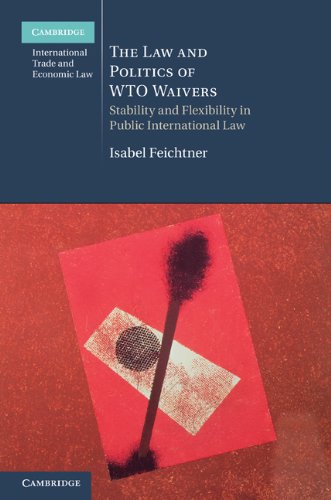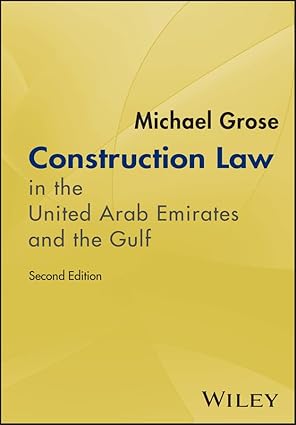دانلود کتاب The law and politics of WTO waivers : stability and flexibility in public international law - Original PDF
Author:
Isabel Feichtner
0 (0)
توضیحات کتاب :
Despite being an important legal instrument in the law of the WTO, the waiver has hitherto been the subject of little scholarly analysis. Isabel Feichtner fills this gap by challenging the conventional view that the WTO's political bodies do not engage in significant law-making. She systemises the GATT and WTO waiver practice and suggests a typology of waivers as individual exception, general exception and rule-making instruments. She also presents the procedural and substantive legal requirements for the granting of waivers, deals with questions of judicial review and interpretation of waiver decisions, and clarifies the waiver's potential and limits for addressing the need for flexibility and adaptability in public international law and WTO law in particular. By connecting the analysis of waiver competence and waiver practice to the general stability/flexibility challenge in public international law, the book sheds new light on the WTO, international institutions and international law ''Despite being an important legal instrument in the law of the WTO, the waiver has hitherto been the subject of little scholarly analysis. Isabel Feichtner fills this gap by challenging the conventional view that the WTO's political bodies do not engage in significant law-making. She systemises the GATT and WTO waiver practice and suggests a typology of waivers as individual exception, general exception and rule-making instruments. She also presents the procedural and substantive legal requirements for the granting of waivers, deals with questions of judicial review and interpretation of waiver decisions, and clarifies the waiver's potential and limits for addressing the need for flexibility and adaptability in public international law and WTO law in particular. By connecting the analysis of waiver competence and waiver practice to the general stability/flexibility challenge in public international law, the book sheds new light on the WTO, international institutions and international law''--''International law and institutions increasingly not only deal with transactions across the borders of sovereign states, but instead promote and protect transnational societal interests. To give but a few examples: international legal regimes obligate states to limit greenhouse gas emissions by national households and industry, to put into place administrative and judicial procedures for the protection of intellectual property rights, or they restrict domestic governmental powers to adopt policies that encroach upon human rights or impede international trade. The observation that international law promotes transnationally shared societal interests, such as interests in a clean environment, cross-border trade, property or human rights protection does not implicate a value judgment. It does not follow that such law is beyond criticism and exclusively for the good of human kind. Rather it implicates trade-offs -trade-offs between economic and non-economic interests, for example, or trade-offs between individual freedom and public interest policies''-- Read more... Why study the WTO waiver? -- The flexibility challenge in public international law -- The WTO : public law of conflict management -- The waiver power and practice under the GATT 1947 and in the WTO -- The law of waivers -- The potential of the waiver as a flexibility device -- The politics of the waiver process -- Conclusion
سرچ در وردکت | سرچ در گودریدز | سرچ در اب بوکز | سرچ در آمازون | سرچ در گوگل بوک
1,078 بازدید 0 خرید










